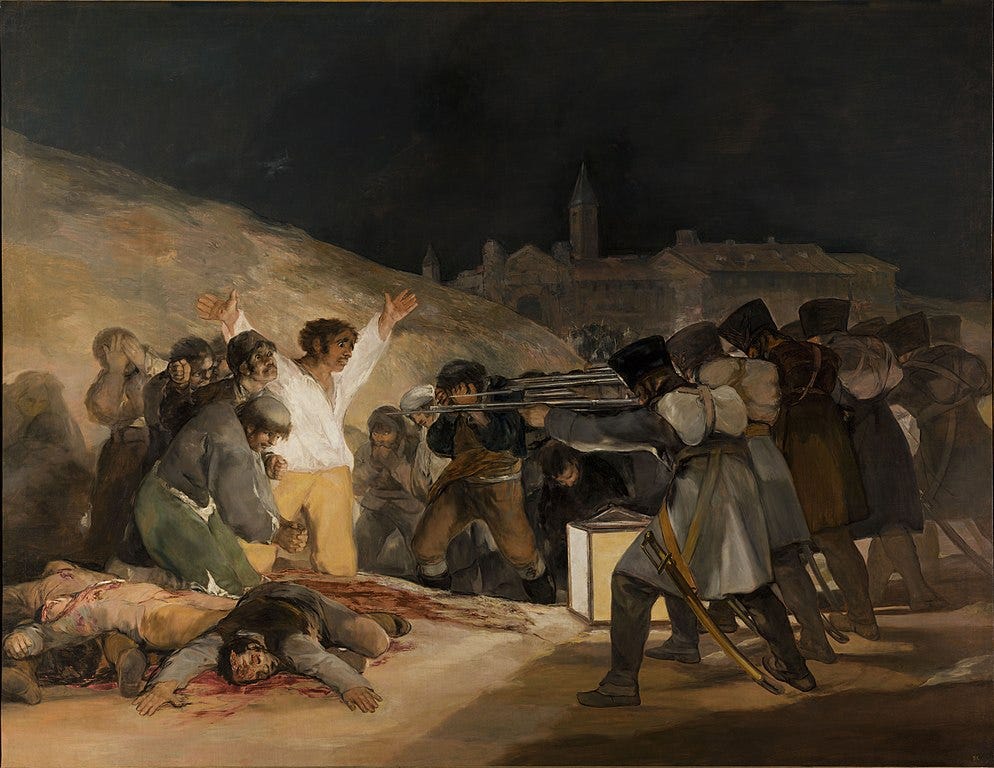Something I posted as a Twitter thread a while back. Resharing, because, well we still need to remember.
It seems to me that historical labors, particularly those which call attention to the distinction between Christ and Christianity as practiced, can be seen as a lived expression of the first three petitions of the Lord's Prayer.
Hallowed Be Your Name—God provides the model of love, holiness, and care for one another.
Your Kingdom Come—We are deeply aware that the way things are is not the way they should be.
Your Will Be Done—We recognize that humans often desire wicked (or at least unhealthy) things.
And all these things are prayed to be so "on earth as it is in heaven" (thanks to my pastor for the insight that the clause ὡς ἐν οὐρανῷ καὶ ἐπὶ γῆς is meant grammatically to apply to all 3 petitions, not just the last one).
All of us are painfully aware that the earth as it is now is not terribly reflective of God’s honor, kingdom, or will. We all, whether or not we are able to name it, long for shalom, for perfect relationship to God, to each other, to the world. We long to be whole.
When someone takes time and pains to dig deeply into the past to trace the roots and branches of what has broken (and is breaking) these relationships, especially when a Christian who is a historian does this for the church, are they not longing for a new garden to be planted?
But people resist history, and historians (not least on Twitter) routinely get raked over the coals because we don’t always like having our cherished lies exposed to the light. Of course history, like any discipline, can be undertaken from some disingenuous motive (even church history), but I've seldom met or read historians for whom that seems to be the case. History tends to be a work of deep love (just in terms of the time and depth of searching and reading one must put in to do it well), and almost inherently operates from hope.
Why bother about the past if you have no vision of a better future? Why speak hard truths instead of propping up received narratives if not to see a church formed more by Christ than by culture? Why spend your life in the company of the dead if not for the sake of the living?
I'm not a historian, though I’m close enough to the discipline to know what goes into it. I was a history minor-plus in undergrad (coming too late to the idea of double-majoring with my journalism degree), and have loved the church history and historical theology coursework I’ve taken for my M. Div. work. I’m ever thankful for the historians I've read and learned from over many years, especially those who labor as unto the Lord (Kristin Kobes DuMez, Malcolm Foley, Justó Gonzalez, Sean Lucas, George Marsden, Mark Noll, Jemar Tisby, just to name a few). Your work gives hope, pulling the story of Jesus from the tangled vines of false memory that every other story entails.
Keep going, until His kingdom comes.




